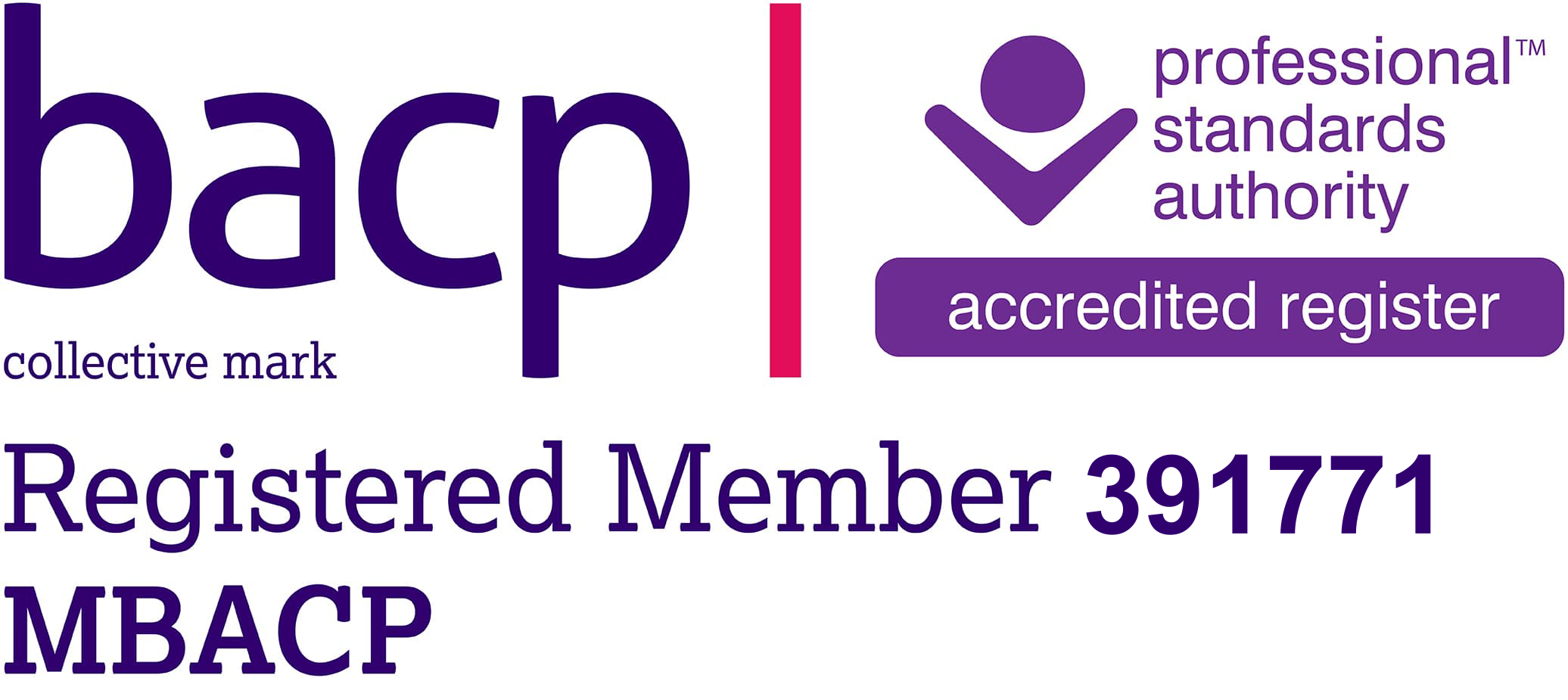Signs and Symptoms of Auditory Processing Disorder (APD)
- Delayed or no response to oral instructions or questions OR a routine response such as “Yes” to everything that is said to them
- Unusual sensitivity to or complaints about noise
- Difficulty in telling direction from which parent is calling them
- Talks loudly
- Likes the television volume to be louder than normal
- Tendency to confuse similar sounding words
- Confuses or forgets multiple directions if given in one sentence
- Frequently misunderstands oral instruction or questions or asks a lot of extra informational questions
- Says “Huh?” or “What?” frequently
- Frequently needs repetition or clarification of information
- Has difficulty understanding what is said to them with background noise
- Is uncomfortable in places with a lot of noise or poor acoustics
- Has poor auditory attention
- Is over talkative
- Is easily distracted, has a short attention span, seems to day dream a lot
- May have problems with phonics or discriminating speech sounds
- Difficulty perceiving high frequency sounds, e.g. t, f, s, k, p, th, sh
- May have poor expressive or receptive language
- May have spelling, reading and other academic problems
- Abstract information may be difficult to follow
- Auditory maths tuition and mental maths problems may cause difficulty
- May have reduced auditory memory
- May have behaviour problems
- Behaviour and performance may improve in quieter settings
- May have delayed language development
- Difficulty sequencing the sounds of words
- Inconsistent responses to the same auditory stimuli
- Difficulty expressing desires, often blaming others for not understanding
- May be disorganised and forgetful
- May find it difficult to follow and take part in conversations
- Difficulty organising and integrating thoughts
- Easily fatigued
- Can’t sit still
- Takes a long time to complete class work or homework
- Low confidence and/or self esteem
Scroll to top





